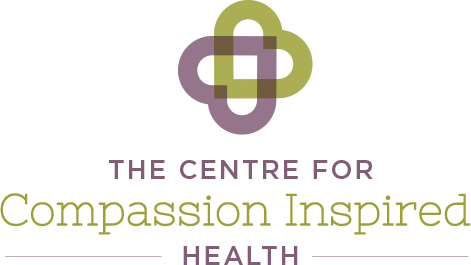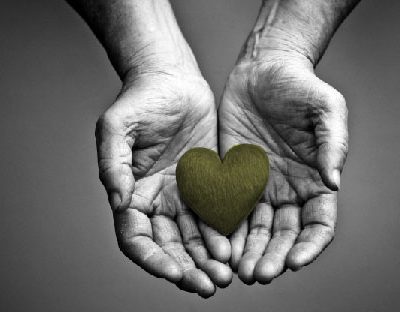Sometimes the most compassionate thing we can do for ourselves is soften our hearts and treat ourselves with the same tender care we would offer to a friend who was suffering. At other times, self-compassion may require us to be fierce or protective. This practice is designed to help us cultivate a ‘Fierce Self-Compassion’ which can be used when we need us to protect and/or motivate ourselves.
Think of a situation in your life in which you feel the need to protect yourself, draw boundaries, or stand up to someone. Maybe you’re being taken advantage of by a coworker, or your neighbor blasts music late at night, or a relative constantly tries to push their political views on you. Please choose a situation where you feel mildly to moderately threatened, but not in real danger, so that you can learn the skill without overwhelming yourself.
When you’re ready, call up the situation in your mind’s eye. Try not to focus too much on any particular person or group of people causing the situation. Rather focus on the harm itself. What’s happening? What’s going on? What is the boundary violation or threat or injustice? Try to allow yourself to feel whatever emotions come up: fear, anger, frustration? See if you can stop thinking about how and why you’re in this situation and instead just tune in to the physical discomfort it gives you. Notice any bodily sensations without judging or trying to change them.
Now sit or stand up tall and roll your shoulders back, so that your posture embodies strength and determination.
Then say a series of phrases (aloud or silently to yourself) designed to invoke the three components of self-compassion—mindfulness, common humanity, and self-kindness—in terms that feel active and protective.Below are some suggestions, but the goal is to find language that works for you personally.
- The first phrase is meant to help you be mindful of what is happening. While focusing on the harm, rather than the person or people causing the harm, say to yourself slowly and with conviction, “I clearly see the truth of what’s happening.” That’s mindfulness; we see things as they are. Other options are: “This is not OK,” “I should not be treated this way,” or “This is unfair.” Find the words that seem right for you.
- The purpose of the second phrase is to help you remember your common humanity with other people so you can draw strength from your connections to them while protecting yourself. Try saying, “I am not alone; other people have experienced this, as well.” Other options are: “By standing up for myself, I stand up for everyone,” or “All human beings deserve just treatment,” or simply “Me too.”
- Now put a fist over your heart, as a gesture of strength and bravery. Commit to being kind to yourself by keeping yourself safe. For the third phrase, try asserting confidently, “I will protect myself.” Other options might be “I will not yield,” or, “I am strong enough to take this on.”
- If you’re having trouble finding the right words, imagine that someone you really care about was being mistreated or threatened in the same way you are. What would you say to this person to help them be strong, stand tall, have courage? Now, can you offer the same message to yourself?
- Finally, put your other hand over your fist and hold it tenderly. The invitation is to combine the fierce energy of brave, empowered clarity with the tender energy of loving, connected presence. Give yourself full permission to feel the force of your anger and resolve, but also let this force be caring. Remember, we’re aiming the fierce compassion at the harm or injustice itself, not at the person causing the harm. They are human and you are human. Can you draw on your fierceness to commit to taking action, while still holding space in your heart for love and compassion?
After this practice, you may be feeling very activated. Do what you need to in order to take care of yourself. Perhaps take some deep breaths, stretch, or have a cup of tea. If calling on fierce self-compassion feels awkward or scary, allow yourself to go as slowly as you need to. The important thing is setting your intention to care for yourself as best you can.
Adapted from Dr. Kristen Neff’s new book Fierce Self-Compassion: How Women Can Harness Kindness to Speak Up, Claim Their Power, and Thrive, 2021






